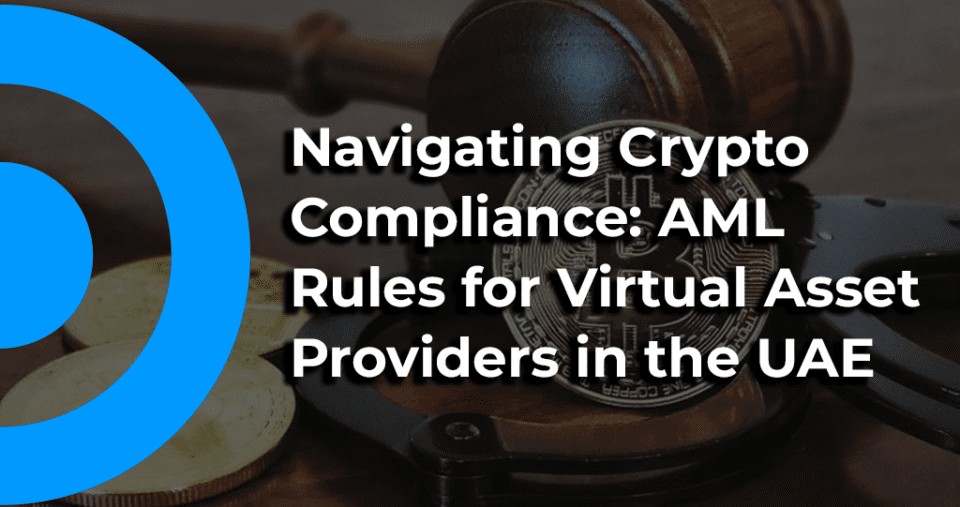
Building Optimal Risk and Compliance Teams
December 5, 2023
A Business Plan That Win Licenses
December 5, 2023Introduction
The vulnerability of the crypto market has underscored the pressing need for effective crypto regulations to mitigate risks and ensure the stability of the industry. Recent concerns about price volatility have also resulted in significant industry losses. In May, the decline of Bitcoin triggered a downward spiral across the entire crypto market thus leading to sudden bankruptcies and job redundancies, leaving investors unable to access their assets.
Evolution of Cryptocurrency Regulation
The idea of regulating cryptocurrency has historically faced opposition, with safety measures being viewed as a dreaded concept. However, the world of cryptocurrencies has undergone significant changes, driven by incidents like One Coin fraud and Ponzi schemes, highlighting the need for crypto regulation to thrive.
Rising Concerns: Scams and Money Laundering
Instances of crypto scams and money laundering have been alarming. The Federal Trade Commission reported over $1 billion stolen from 46,000 people in crypto scams over 14 months, underscoring the susceptibility of the Blockchain platform to scams and money laundering. Additionally, there was a 1,964% increase in cryptocurrency laundered through DeFi (Decentralised Finance) practices.
Escalating Ransomware Disbursements
Furthermore, Ransomware disbursements have also surged, with over $692 million extorted through crypto transactions in 2020, doubling the previous year’s record, as reported by Tenable, a cyber exposure company.
Regulatory Recommendations and Initiatives
Another key point is that the Financial Stability Oversight Council (FSOC), comprising top U.S. financial regulators, recently recommended legislation to address the risks posed by digital assets to the financial system. This includes bills to enhance the governance of crypto spot markets and stablecoins.
Key Areas of Concern in Cryptocurrency Regulation
The panel identified three key areas of concern in cryptocurrency regulation; limited oversight for non-security tokens of the spot market, opportunities for regulatory arbitrage, and the potential assimilation of multiple services by crypto firms, traditionally provided by intermediaries like brokers, dealers, and clearinghouses.
Commitment to Mitigate Risks and Ensure Compliance
Additionally, treasury Secretary Janet Yellen emphasized the need to mitigate the financial stability threats posed by digital assets while embracing the benefits of modernization. The U.S. government is committed to taking strong steps to reduce the risks that digital assets pose to consumers, investors, and businesses. Therefore, industry participants can support these initiatives by introducing codes of compliant practice into their business infrastructure. Cryptocurrency exchanges and other industry members can achieve regulatory compliance through effective AML (Anti-Money Laundering), KYC (Know Your Customer), and Due Diligence (Customer and Enhanced) activities.
Conclusion
In summary, regulating the crypto market will lead to a positive impact in the long run for all participants because it will lead to more stability in the market. If well targeted, this will reduce a lot of speculations and in the process attract more investors. With little protection currently, more investors have no confidence in the market, hence introduction of regulations will increase protection and confidence creating a safer crypto environment.
References
Crypto Needs More Rules and Better Enforcement, Regulators Warn by Ephrat Livni URL: https://www.nytimes.com/2022/10/03/business/cryptocurrency-regulation-stablecoin.html
U.S. Treasury encourages new laws to address crypto regulation gaps by Hannah Lang URL: https://www.reuters.com/technology/us-treasury-encourages-new-laws-address-crypto-regulation-gaps-2022-10-03/
The push for crypto regulations by Eastnets URL: https://www.eastnets.com/newsroom/the-push-for-crypto-regulations



